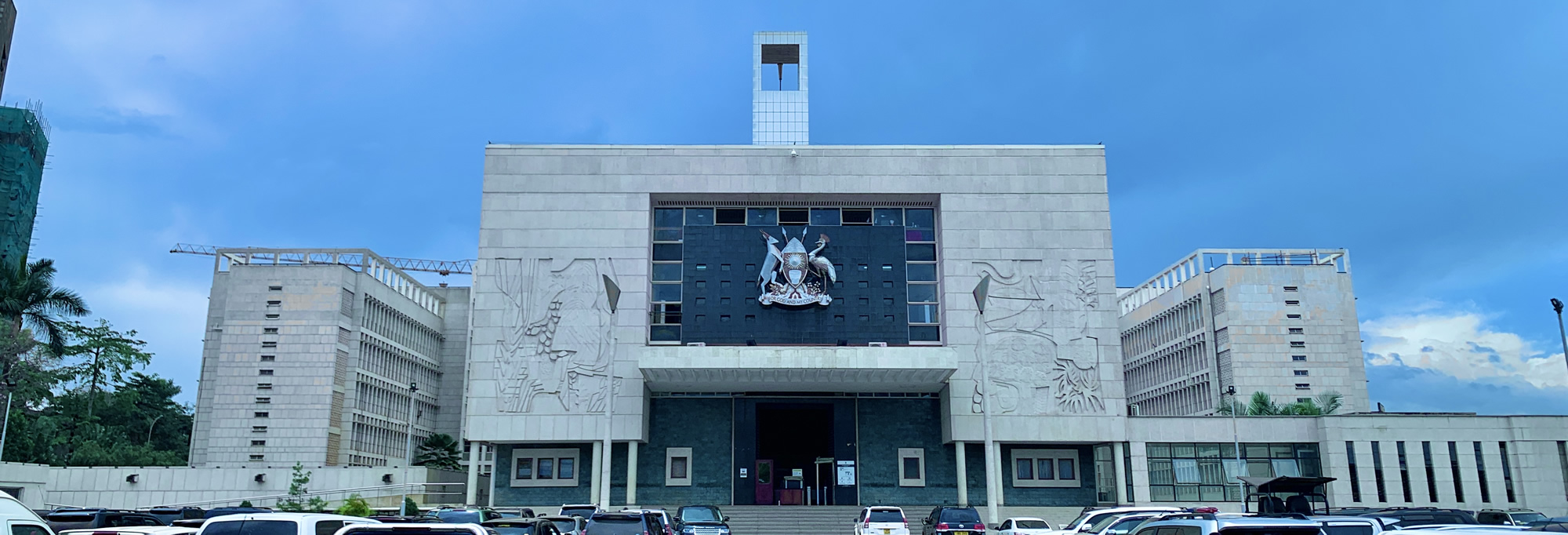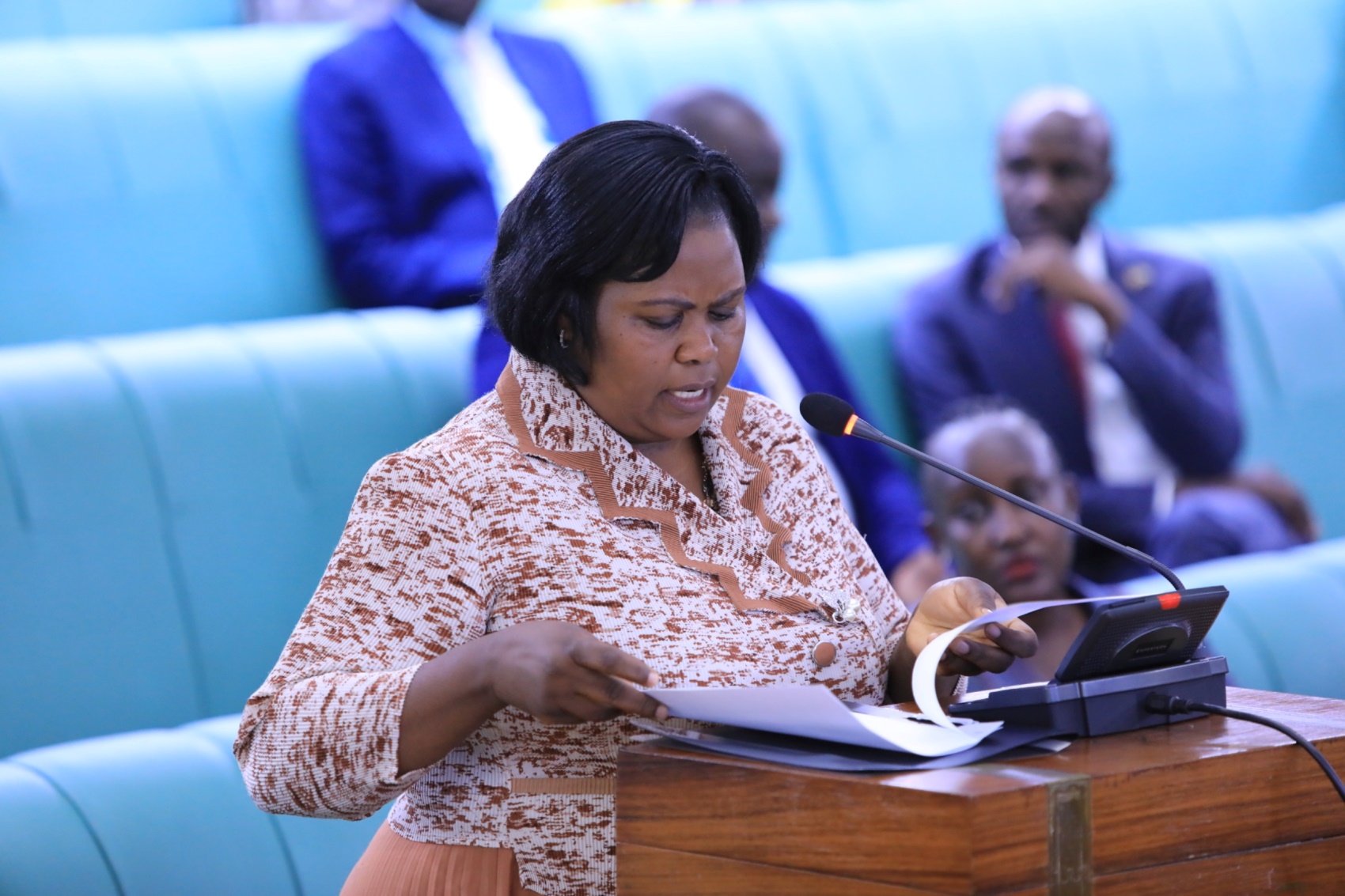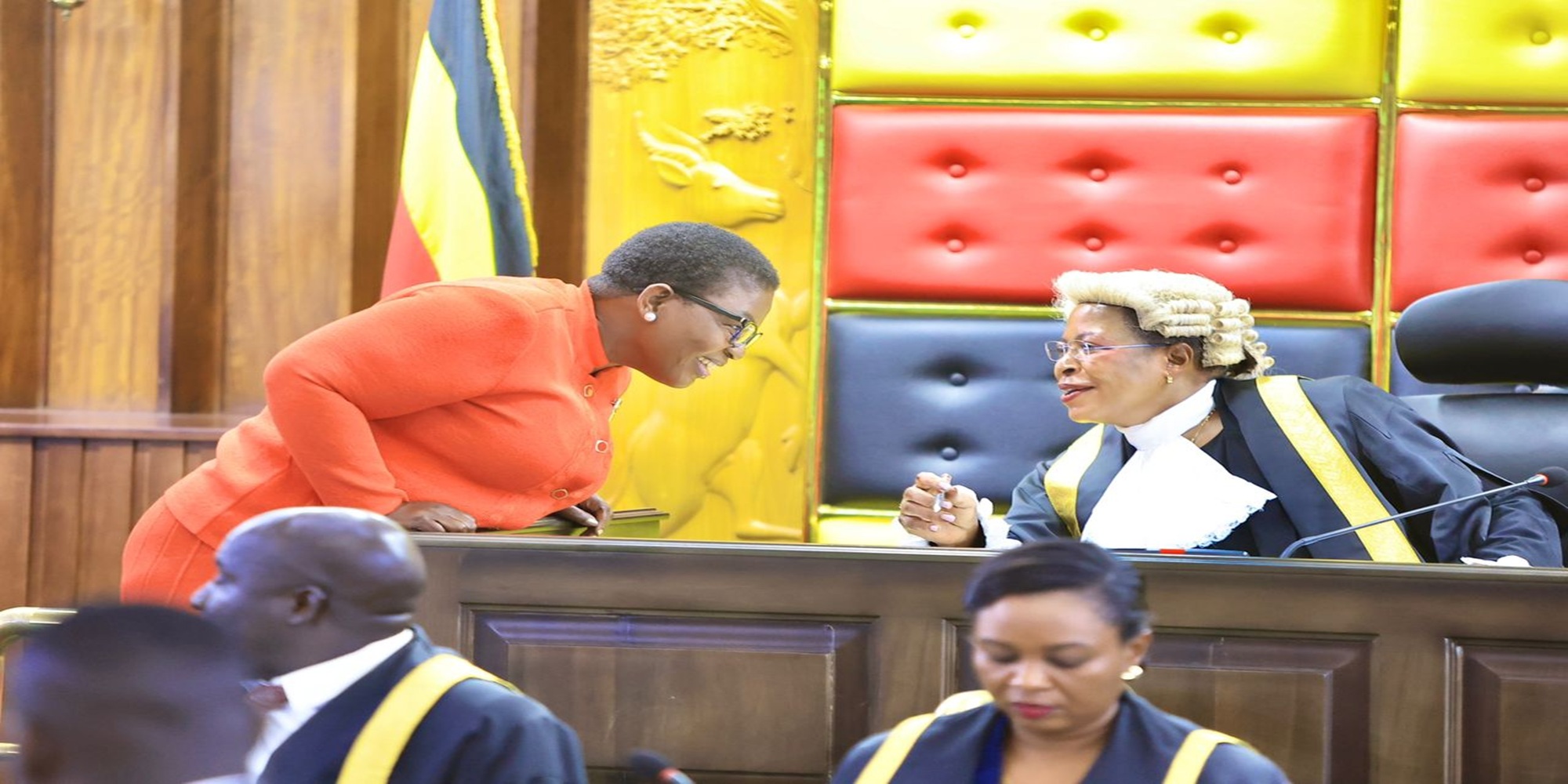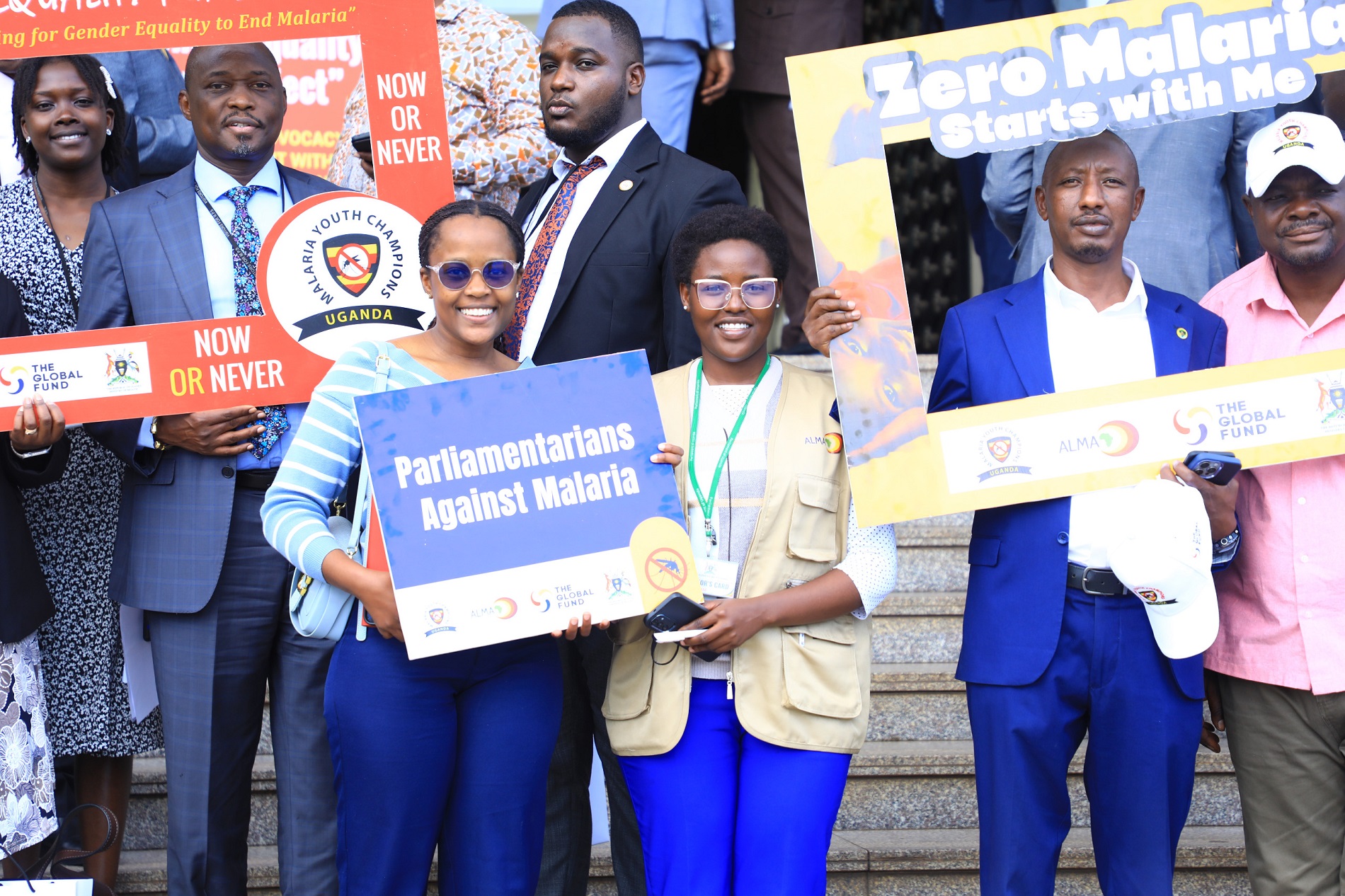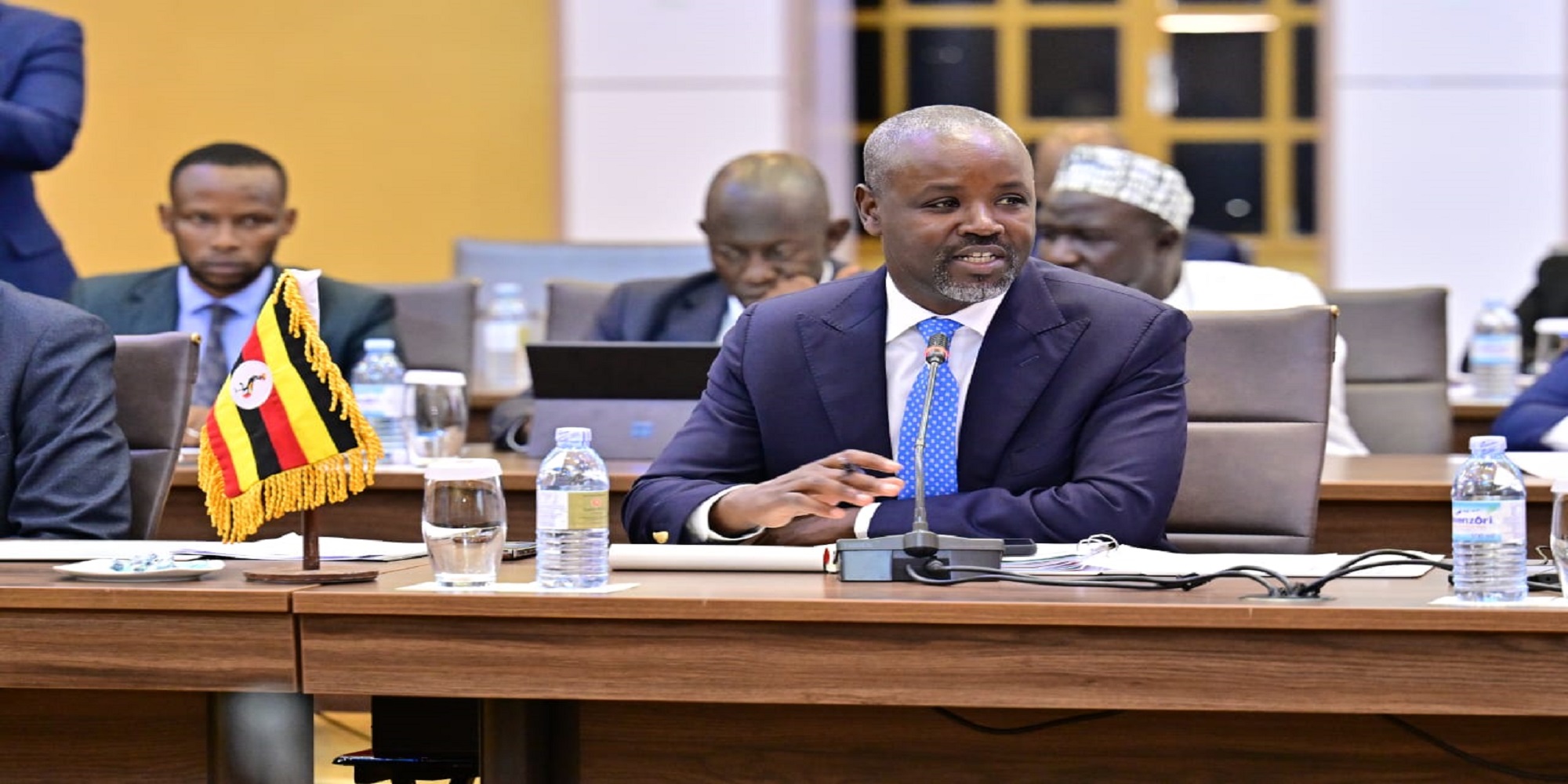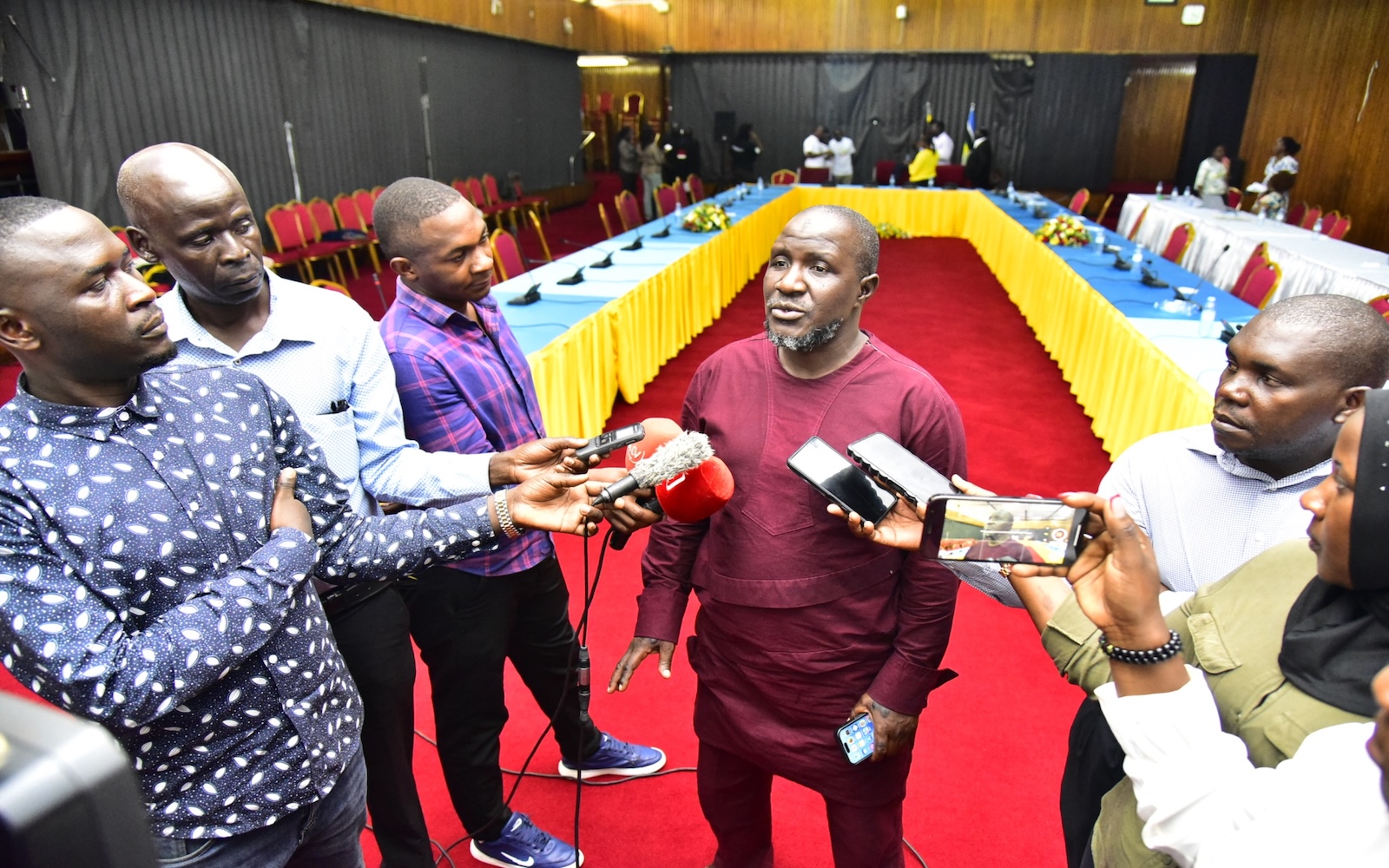MPs have called for stringent measures to protect Lake Bunyonyi, following pollution concerns.
The Shadow Minister for Water and Environment, Hon. Christine Kaaya (NUP, Kiboga District Woman Representative), said government interventions were inadequate and failed to confront the root causes of the lake’s degradation.
During plenary on Thursday, 11 September 2025, Kaaya, who was responding to the statement by the state minister for environment on the brownish cloud, foul odour, oily film, and white cream on the lake, said government’s explanation is inadequate.
“While we commend the ministry for finally acknowledging this crisis after weeks of public outcry, the Government’s rapid assessment is shallow and reactive, failing to address years of neglect that let preventable anthropogenic activities push the lake to a tipping point,” she said.
Hon. Kaaya said government downplayed the impact of human activity, especially mining, poor waste management, and weak regulation.
“The minister attributes the brownish cloud and turbidity primarily to natural lake turnover triggered by rainfall and temperature variations. While this process occurs in many Ugandan lakes, it is exacerbated by anthropogenic factors that the government has failed to adequately regulate,” she said.
She pointed to iron ore extraction in Kigezi as a major threat. “Iron ore extraction in the Kigezi sub-region has caused extensive erosion, wetland destruction, and direct siltation into Lake Bunyonyi, posing a glaring time bomb to the ecosystem,” Kaaya warned.
The shadow minister also criticised measures outlined by government, describing them as short-term and unclear.
“The proposed actions in the minister’s statement like regular assessments, community sensitisation, and treatment upgrades are welcome but insufficient and belated. Sensitisation alone has proven ineffective without enforcement,” she added.
She further proposed alternative steps, including halting of mining and quarrying in the catchment area until full environmental audits are completed, restoring wetlands and shorelines through community-led initiatives, investing in decentralised waste management systems, and mandating lakeside businesses to install treatment facilities. She further called for stronger climate adaptation policies to protect all major water bodies.
“The degradation of Lake Bunyonyi is a symptom of broader environmental mismanagement under the current regime. By adopting these alternatives, we can restore the lake’s ecological integrity, safeguard livelihoods, and set a precedent for proactive stewardship across Uganda’s water systems,” she said.
She concluded by urging Parliament to urgently debate the issue and hold government accountable through a select committee inquiry.
The Speaker of Parliament, Anita Among, who presided over the House tasked government to provide a comprehensive report on the matter, asking for an action taken report.
“We need a comprehensive statement on all the water bodies and I will guide on what should be done. Remember fish is dying. Give us regular actions and update on what is being done,” she said.
The minister, Hon. Aisha Sekindi, pledged that she would bring a report at the end of the month.
“Madam Speaker, it needs a thorough and scientific research. It is not something that is easy to come up with within one week,” she pleaded.
